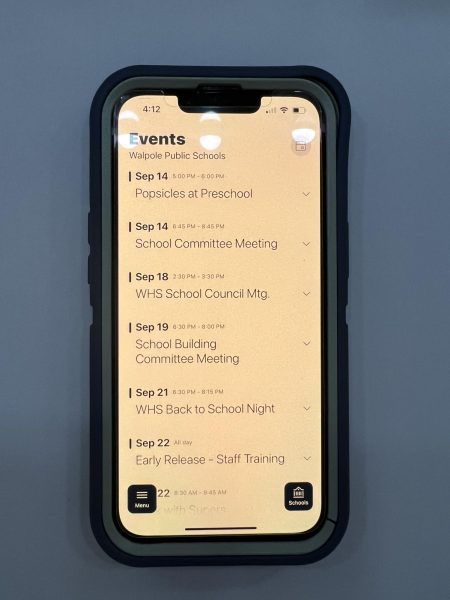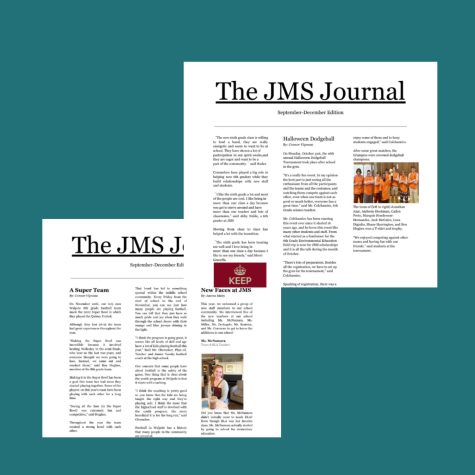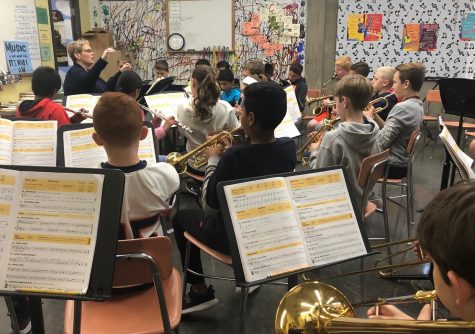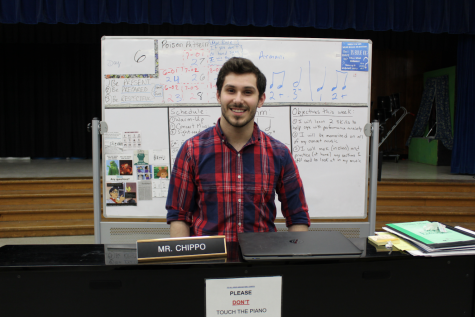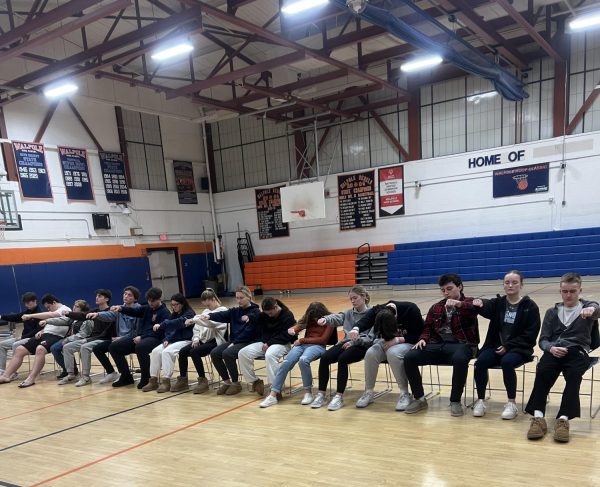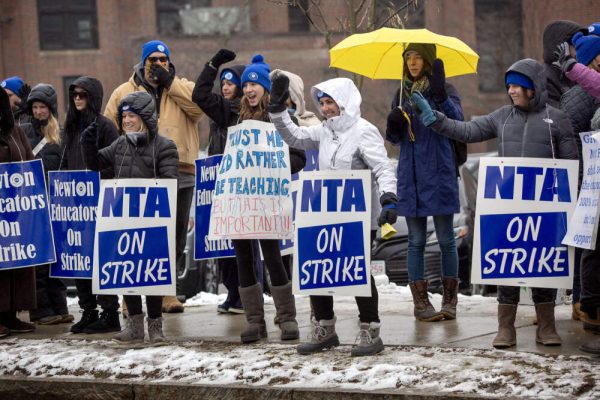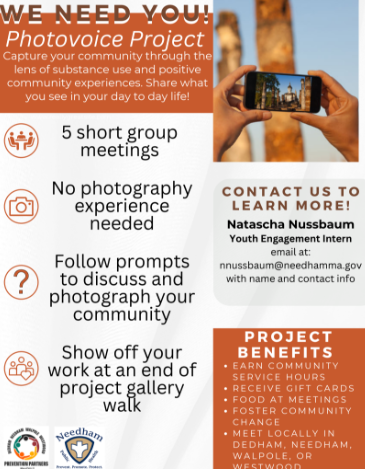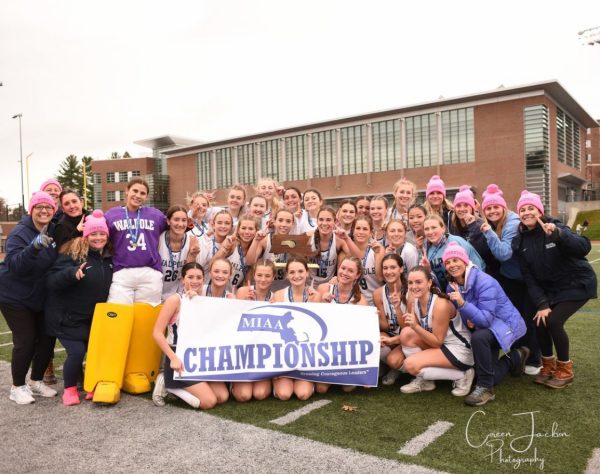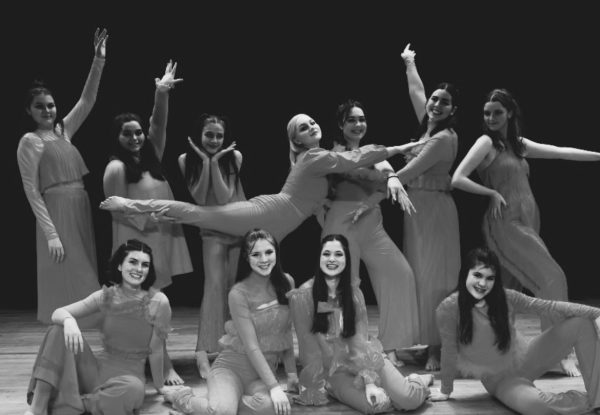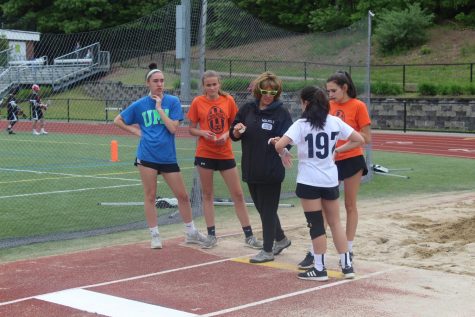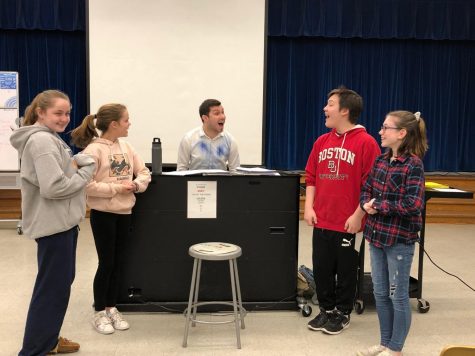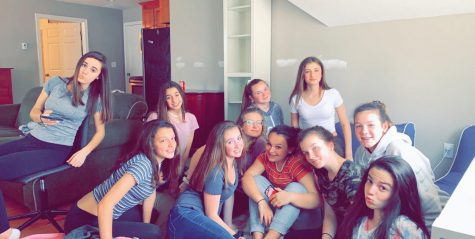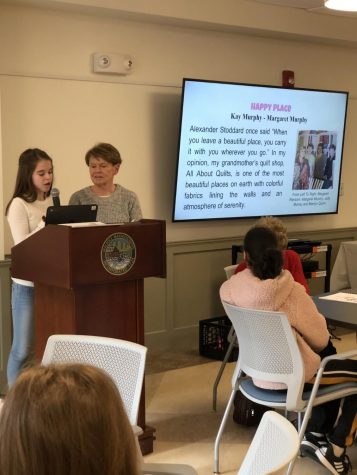Holocaust Speakers Visit Johnson Middle School
Mark Blechner, son of a Holocaust survivor, spoke to the 8th grade Johnson Middle School students regarding the experiences of family members during the Holocaust on Monday, May 6. Blechner was joined by Bert Katz, who is a Holocaust survivor himself. They provided the students with insight into the harsh reality of this time in history.
“This generation is not going to be around for much longer, so it’s good the kids are able to hear about this now and learn from it rather than the usual classroom setting,” ELA teacher Nicole Ekholm said.
Working with The American Association of Jewish Holocaust Survivors and Descendants of Greater Boston, Ekholm coordinated this presentation. This year is the second time Johnson Middle School has had a member of this program speak to the students. For Blechner and Katz, this was their first at Johnson Middle School.
During the assembly, 8th grade student Evan McLellan learned about the survivors’ personal experiences such as what really happened in the Holocaust and the effects it had on family members.
“It was a good experience because we got to learn more about what really happened, and recognize the consequences and pain the Jewish people had to face at the time, and their stories are very engaging and you want to hear more,” McLellan said.
After forty years of Blechner’s father not speaking about the incident because it was too devastating, his father finally told Blechner the story of his family’s experiences during the Holocaust. In addition, Blechner shared his father’s binder containing more than 300 artifacts from the Holocaust. Currently, he is in negotiations to sell his artifacts to the Holocaust Museum in Washington D.C.
Among the many artifacts that Blechner has in his collection, one of the most valuable is a postcard written by his mother from a concentration camp that included the tattoo number she was given as identification when she got to the camp. The reason this postcard is so valuable is because it includes the serial number, which was strictly forbidden because no one outside of the camps were supposed to know of the inhumane treatment the Jewish people received.
“It was interesting learning the different personal stories. One woman wrote a letter to her son and threw it out a train window, and a neighbor picked it up and returned it to the son, so the son got the opportunity to see his mother’s last letter before she died in a concentration camp,” Ekholm said.
In his speech, Blechner shared with the students the horrific methods the Nazis used to track Jewish people during the Holocaust. For instance, Nazis allowed the Jewish people in concentration camps to send letters to family and friends so that they could find the addresses of other Jewish people and take them as well.
The assembly provided students and faculty with firsthand experience of the suffering during the Holocaust. McLellan recognized the importance of the presentation.
“By learning about the Holocaust and what actually happened, it teaches people the importance of treating one another with kindness and respect and I hope people learn from this tragedy,” McLellan said.

Colleen Barry, class of 2020, is a second year staff writer for The Rebellion. At Walpole High School, she is an active member of the girls cross country,...
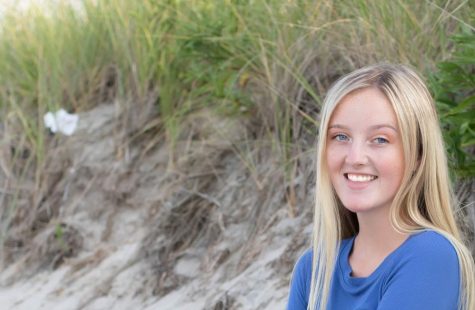
Brooke Lanchester, class of 2020, is a second year staff writer for The Rebellion. At Walpole High School, she plays volleyball. Outside of school, she...

Abby O'Brien, class of 2020, is a second year staff writer for The Rebellion. At Walpole High School, she plays volleyball and participates in Spanish...


